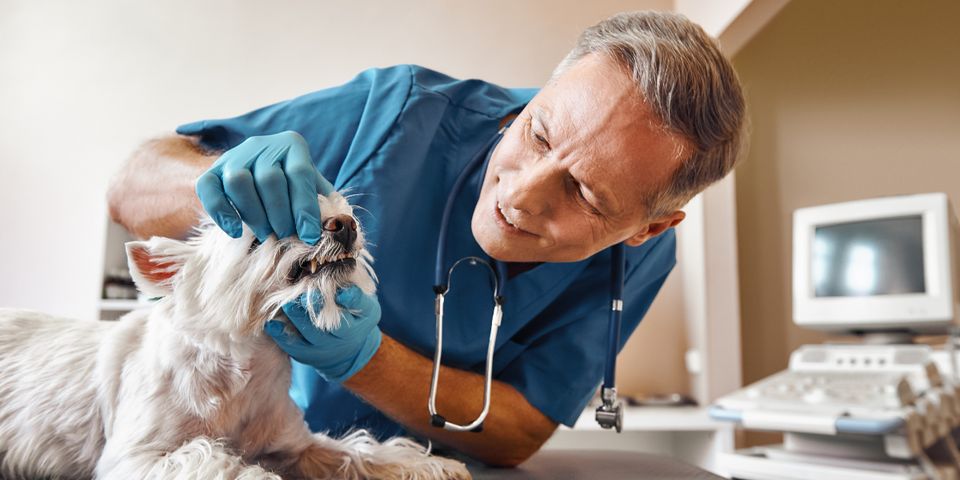
Caring for your dog is an important part of maintaining their health and well-being. This includes taking them to the veterinarian regularly and optimizing pet dental care. When you encounter a problem or see any new lumps or bumps in or around their mouth, it can be nerve-wracking and quite scary. Here's a brief guide to epulides in dogs to help you better understand what to do if you notice dental issues.
What Is an Epulis?
An epulis is a type of oral growth that forms on the surface of the gums around the teeth. They're considered canine tumors of the mouth. Many are benign and won't cause serious health problems, but further diagnostics should be done to confirm they're not cancerous.

They begin as a small protrusion that stems from the gums and almost looks like a little mushroom hanging from a stalk. As it grows, it can expand between the teeth. Three different types of epulides exist, each of which forms in different ways. A fibromatous epulis stems from fibrous tissues within your canine's mouth, while an ossifying epulis grows from both fibrous tissues and bony tissues. These are considered precancerous and should be carefully diagnosed and watched. An acanthomatous epulis forms from the tissues connecting a dog's teeth to their jaw.
What Are the Symptoms of an Epulis?
The biggest indication that your pup has an epulis is the physical presence of one. This is why pet dental care should include regular inspections of your pooch's mouth. If they have an epulis, you'll see it when completing a visual exam. Depending on its size, the growth may cause your canine's teeth to loosen or shift in their mouth. This can be painful, so if your dog is chewing more or displaying signs of discomfort, take them to the vet.
What Are the Treatment Options?
Treatment for epulides in dogs depends on the type and severity of the growth. In almost all cases, surgery is the best course of action. However, an ossifying epulis can be difficult to completely remove if it's attached to the bone, so your veterinarian may recommend other options in addition to general surgery. The vet will come up with a customized plan after the visual exam and diagnosis. While epulides cannot be prevented, good oral health is still important for your pet's well-being.
If you notice any growths on your dog, either in their mouth or along their body, reach out to Elyria Animal Hospital. This practice serves pets throughout Lorain County, OH. They have an in-house laboratory that allows them to perform various tests and determine the causes of a pet's illness and check for signs of cancerous tissue. Their clinic offers general medical care, pet dental care, and surgery. Whether you have a small kitten or a large breed dog, these skilled veterinarians are ready to help. Visit the website to learn more about their services and treatment plans, and call (440) 365-3818 to schedule an appointment.
About the Business
Have a question? Ask the experts!
Send your question

